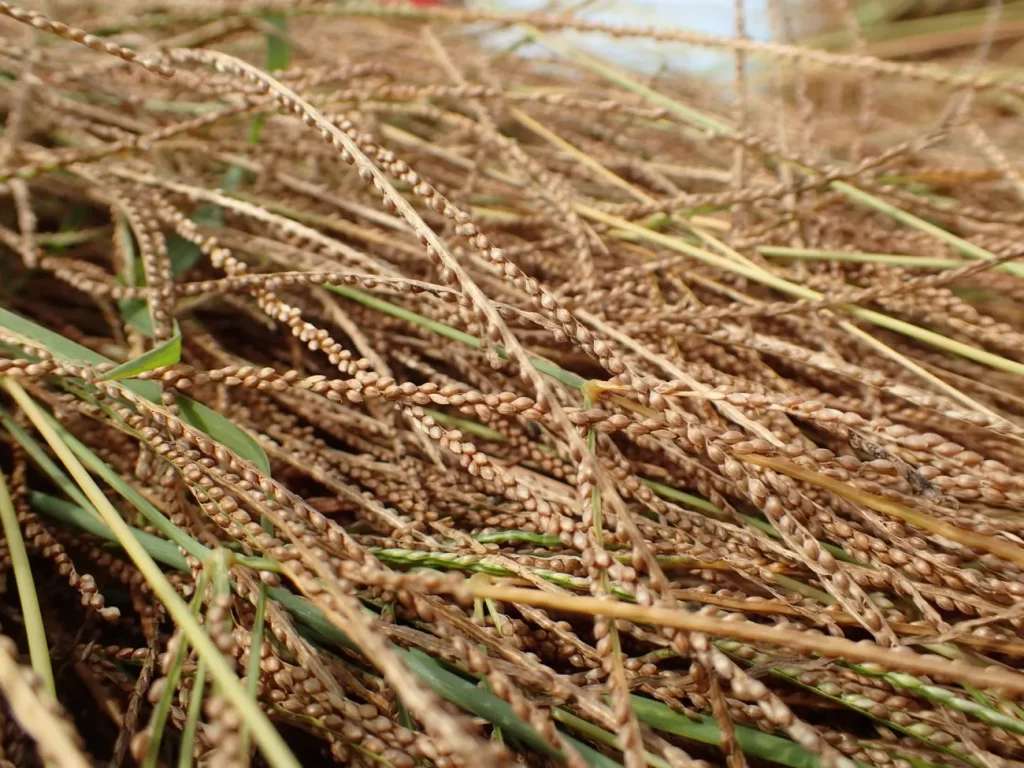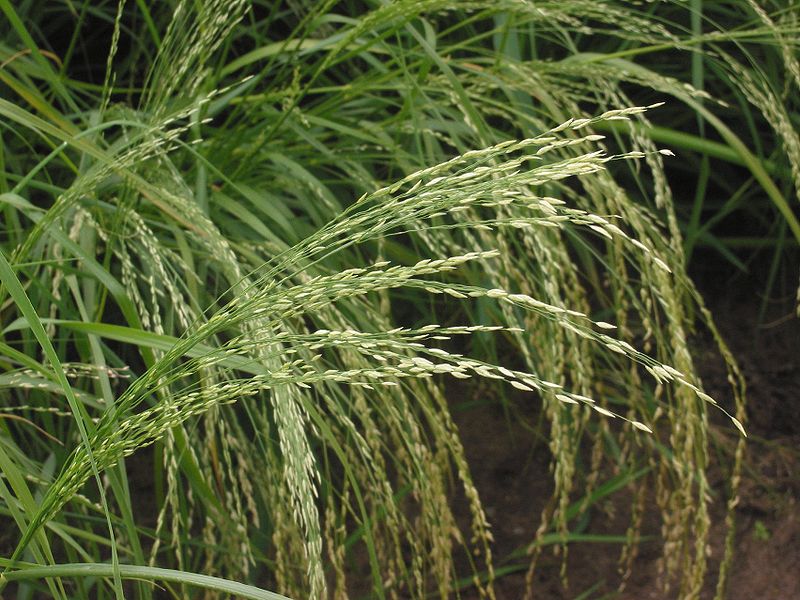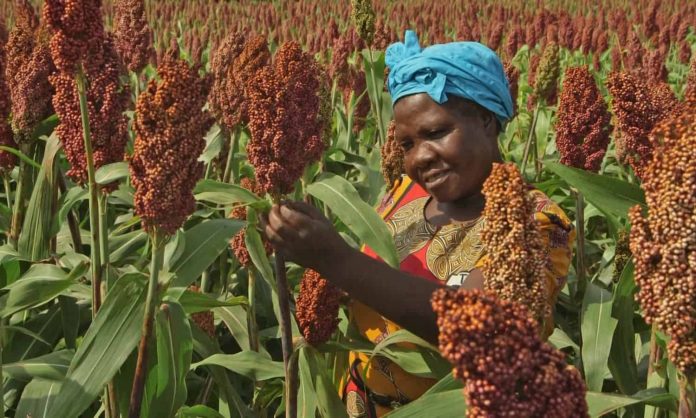Africa’s farmers face tough challenges: unpredictable weather, droughts, and poor soil. But the good news is that some crops can handle these challenges like a pro. These crops don’t just survive in tough conditions—they thrive. They help farmers grow food, earn more money, and protect the environment. Let’s dive into the top 10 sustainable crops for African farmers making a difference across the continent.
What Makes a Crop Sustainable?
A sustainable crop is like a trusty old friend. It’s reliable, easy to care for, and doesn’t require much. These crops:
- Adapt to the weather: Whether it’s too hot, too dry, or the soil isn’t great, they keep growing.
- Don’t need much: You won’t have to spend a fortune on water, fertilizers, or pesticides.
- Boost your income: They’re in demand, so you can sell them for a good price.
- Keep your family healthy: Many are packed with nutrients.
Top 10 Sustainable Crops for African Farmers
1. Sorghum
- Why it’s great: This crop laughs in the face of drought! It grows well even when water is scarce.
- What you can do with it: Make porridge, bread, or even brew some beer.
2. Millet
- Why it’s great: Quick-growing and tough as nails, millet is perfect for sandy soils and scorching heat.
- What you can do with it: A hearty porridge or flatbread.
Read Also: good cassava cultivation
3. Cassava
- Why it’s great: This root crop is a lifesaver in poor soils and dry conditions.
- What you can do with it: Make gari, chips, or flour for cooking.
4. Cowpeas
- Why it’s great: Not only does it handle drought, but it also fixes nitrogen in the soil, making it healthier.
- What you can do with it: Cook up a protein-rich stew or feed the leaves to your livestock.
Read Also: good cowpea cultivation
5. Pigeon Peas
- Why it’s great: Thrives in dry areas and helps improve soil fertility.
- What you can do with it: Add it to soups or stews for a protein punch.
6. Moringa
- Why it’s great: Known as the “miracle tree,” Moringa grows fast and is super nutritious.
- What you can do with it: You can use the leaves in stews, smoothies, or even as animal feed.
7. Bambara Groundnuts
- Why it’s great: These nuts don’t mind tough soils and low rainfall.
- What you can do with it: Boil or roast them as a tasty snack.
8. Sweet Potatoes
- Why it’s great: Grows in a variety of climates and soils. Plus, it’s packed with vitamins.
- What you can do with it: Bake, fry, or mash for a delicious meal.
9. Fonio
- Why it’s great: Quick to grow and can handle dry conditions like a champ.
- What you can do with it: Make a nutritious porridge or pilaf.

10. Teff
- Why it’s great: Grows in waterlogged and cooler climates.
- What you can do with it: Use it to make injera, a traditional Ethiopian flatbread.

Yield and Price of 10 Sustainable Crops
| Crop | Potential Yield (tons/ha) | Price per Ton (USD) | Notes |
|---|---|---|---|
| Sorghum | 2-4 | 200-300 | High drought tolerance; used in food and brewing industries. |
| Millet | 1-2 | 250-400 | It is ideal for arid regions; often used for human consumption and animal feed. |
| Cassava | 10-25 | 100-150 | Reliable in poor soils; processed into various food products like flour and chips. |
| Cowpeas | 1-2 | 500-700 | Dual purpose: human food and livestock fodder; improves soil fertility. |
| Pigeon Peas | 1-3 | 300-500 | Grows well in semi-arid regions; nitrogen-fixing properties enhance soil health. |
| Moringa | 5-10 (leaf yield) | 800-1,200 (leaf powder) | “Miracle tree” with high nutritional value; also used for water purification. |
| Bambara Groundnuts | 1-2 | 800-1,000 | Resilient to poor soils; highly nutritious legume with growing market demand. |
| Sweet Potatoes | 10-30 | 200-400 | Nutrient-dense tuber with versatile culinary uses. |
| Fonio | 1-2 | 1,000-1,200 | Grows quickly in arid conditions; prized as a gluten-free grain in premium markets. |
| Teff | 1-2 | 800-1,000 | Key ingredient in Ethiopian cuisine; gaining popularity as a gluten-free superfood. |
Key Takeaways:
- Drought-Resistant Crops: Sorghum, Millet, Cowpeas, and Bambara Groundnuts excel in low-rainfall areas.
- High Nutritional Value: Moringa, Sweet Potatoes, and Fonio are highly valued for their health benefits.
- Market Potential: Fonio and Teff fetch high prices in international markets due to their superfood status.
Success Stories
Sorghum Saves the Day in Sudan
Farmers in Sudan love sorghum because it keeps their families fed, even during long droughts. It’s reliable and profitable, helping them stay resilient.
Ghana’s Moringa Miracle
In Ghana, Moringa farming is booming. Farmers grow it for its health benefits and to sell in local and international markets. It’s a win-win!
Conclusion
Sustainable crops are a game changer and the best crops for African farmers. They help you grow more food, earn more money, and protect your land for future generations. By planting these climate-friendly crops, you’re not just farming—you’re building a better future.


